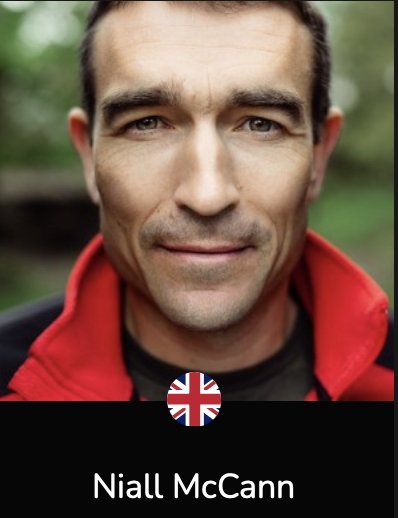World Wildlife Day is celebrated annually on 3 March every year and was designated by the United Nations General Assembly in 2013 to raise awareness about the world’s wild fauna and flora and the importance of their conservation.
Wildlife plays a crucial role in maintaining the delicate balance of nature, providing vital ecosystem services such as pollination, seed dispersal, and controlling pests. They also play a significant role in shaping our cultures, religions, and economies, with wildlife-based tourism being a significant source of income for many countries.
It serves as a reminder of the critical role that wildlife plays in our ecosystem and the need for us to take action to protect it.
Despite their importance, wildlife populations are declining rapidly due to human activities such as habitat loss, poaching of wildlife, and illegal wildlife trade. The illegal trade in wildlife and wildlife products is estimated to be worth billions of dollars annually and is a major threat to the survival of many species, especially those that are endangered.
To protect wildlife and conserve their habitats, world leaders need to embrace the importance of World Wildlife Day and take concrete steps to address the challenges facing wildlife. This can include measures such as strengthening wildlife protection laws, increasing funding for conservation efforts, and reducing demand for wildlife products.
wildlife populations are declining rapidly due to human activities such as habitat loss, poaching of wildlife, and illegal wildlife trade.
International ambassadors also play a critical role in promoting the importance of World Wildlife Day and advocating for the protection of wildlife. Through their advocacy, they raise awareness about the threats facing wildlife and encourage individuals, organizations, and governments to take action. By working together, international ambassadors can help to ensure that wildlife populations are protected and their habitats conserved for future generations.
Did you know?
- Biodiversity loss: According to the United Nations, species extinction rates are now at least 1,000 times higher than the average over the past 10 million years. This loss of biodiversity is largely due to human activities such as deforestation, hunting, and habitat destruction.
- Endangered species: According to the International Union for Conservation of Nature (IUCN), more than 35,000 species are currently considered threatened with extinction, including over 6,000 species of mammals, birds, and reptiles.
- Wildlife trade: The illegal wildlife trade is a major threat to many species and is driven by demand for products such as ivory, rhino horn, and pangolin scales. According to the World Wildlife Fund, the illegal wildlife trade is worth an estimated $10-20 billion per year.
- Habitat destruction: Habitat destruction is another major threat to wildlife, with over half of the world’s land area now used for agriculture or urban development. According to the World Wildlife Fund, habitat destruction is the primary cause of species extinction.
- Poaching: Poaching for ivory, rhino horn, and other wildlife products is also a significant threat to many species. According to the World Wildlife Fund, an estimated 30,000 elephants are killed each year for their ivory, while rhino populations have declined by over 90% in the past 40 years due to poaching.
These statistics demonstrate the urgent need for action to protect wildlife and conserve biodiversity. World Wildlife Day is an important opportunity to raise awareness about the threats facing wildlife and to call for increased efforts to conserve and protect these species and their habitats.
World Wildlife Leaders:
Niall McCann is a well-known name in the world of wildlife conservation. Niall is a National Geographic explorer, has a PhD in Conservation Biology from Cardiff University, is an award-winning wildlife TV presenter on the BBC, PBS, National Geographic Wild, Animal Planet, the Discovery Channel and Ecoflix.

Niall is a passionate conservationist, focusing on anti-poaching and the illegal wildlife trade in Africa and Latin America. He has been featured in numerous documentaries and TV shows, including “A Perfect Planet” with Sir David Attenborough, which showcases his expertise and commitment to wildlife conservation.
Aside from his work in wildlife conservation, Niall is also a seasoned adventurer, with expeditions in various parts of the world including rowing in the Atlantic Ocean, skiing in Greenland, cycling in the Himalayas, and mountaineering in the Alps and Yosemite. His incredible stories of resilience and overcoming life-challenging situations have inspired many to take action and make a difference in the world.
Niall McCann is an exceptional leader in the field of wildlife conservation. His passion and expertise, combined with his adventurous spirit, have made him an inspiration to many, and his work has been instrumental in raising awareness about the importance of protecting wildlife and their habitats.
World Wildlife Day provides an opportunity for us to reflect on the importance of wildlife and the need for us to take action to protect it. By embracing the significance of this day, world leaders and international ambassadors can help to ensure that wildlife populations and their habitats are conserved for future generations to enjoy. Let us work together to protect our wildlife and create a more sustainable future for all.